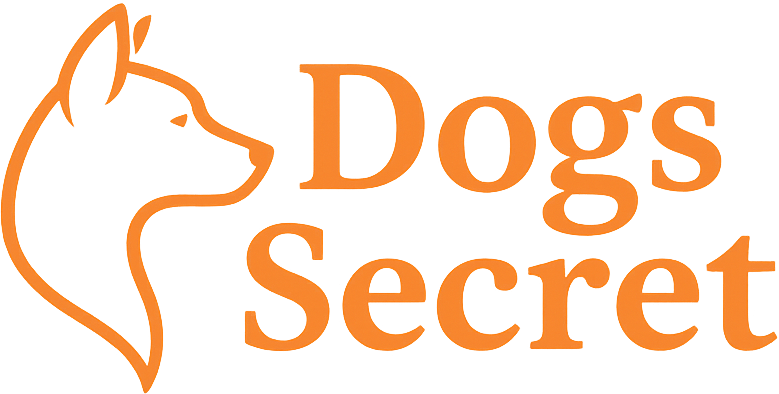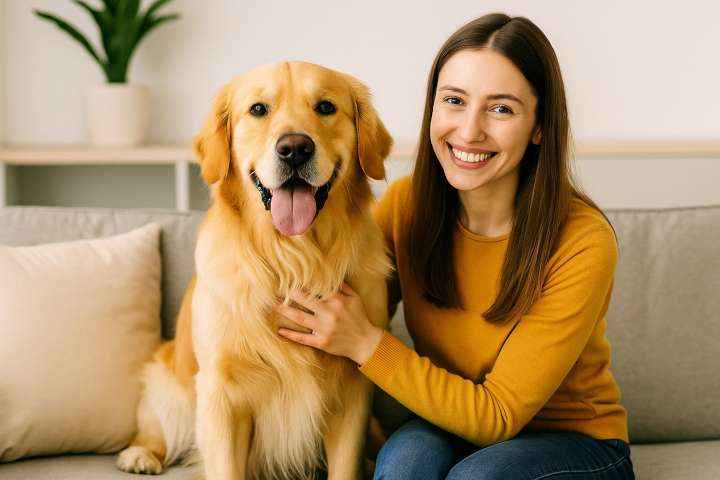Becoming a dog owner is one of the most rewarding decisions you’ll ever make. But it also comes with a steep learning curve—especially in the early days. From feeding and training to bonding and healthcare, new dog owners often find themselves overwhelmed by questions and responsibilities.
That’s why we created this all-in-one New Dog Owner Guide. Whether you’ve just adopted a playful puppy or welcomed an adult rescue into your home, this guide will walk you through everything you need to know to raise a happy, healthy, and well-behaved dog.
1. Before Bringing Your Dog Home
Preparation is the key to a smooth transition.
What to do:
- Choose the right breed or match for your lifestyle
- Puppy-proof or dog-proof your home
- Stock up on essentials: food, leash, bed, crate, ID tag, etc.
- Schedule a vet appointment within the first few days
- Set expectations with family members (rules, roles, responsibilities)
2. The First 24–48 Hours
The first two days are crucial for building trust and setting the tone.
Tips:
- Keep things calm and quiet
- Show your dog where to eat, sleep, and go potty
- Avoid overwhelming them with visitors or too much attention
- Give them a safe space to decompress
- Begin basic routines for meals, potty, and sleep
3. Establishing a Routine
Dogs thrive on predictability. A consistent routine helps reduce anxiety and speeds up training.
Daily basics to include:
- Regular mealtimes
- Potty breaks (every 2–4 hours for puppies)
- Walks and playtime
- Short training sessions
- Quiet time and sleep
4. Feeding and Nutrition
Choose high-quality food based on your dog’s age, size, and health.
Feeding tips:
- Puppies eat 3–4 times a day
- Adults typically eat twice a day
- Avoid free-feeding (leaving food out all day)
- Fresh water should always be available
- Avoid harmful human foods (chocolate, grapes, onions, etc.)
Ask your vet for personalized nutrition advice.
5. House Training and Crate Training
Start training from day one—dogs learn best through consistency and positive reinforcement.
House training basics:
- Take your dog outside frequently (especially after eating, sleeping, or playing)
- Reward immediately after they go in the right spot
- Clean accidents with enzymatic cleaners—never punish
Crate training benefits:
- Provides structure and security
- Helps with potty training
- Keeps your dog safe when unsupervised
6. Socialization and Behavior
Socialization is essential—especially for puppies between 8 and 16 weeks of age.
What to do:
- Expose your dog to different people, places, and sounds
- Use treats and praise to build positive associations
- Monitor body language and take things slow if your dog seems nervous
Start teaching basic commands like sit, come, and leave it early on.
7. Health and Vet Care
Regular vet visits are key to long-term health.
Essential care:
- Core vaccinations (DHPP, rabies, etc.)
- Flea, tick, and worm prevention
- Microchipping
- Spaying or neutering
- Annual wellness checks
Don’t forget dental care, grooming, and nail trimming.
8. Bonding and Trust
Strong bonds lead to better behavior and a happier dog.
How to build trust:
- Use a calm, confident tone
- Be patient and never punish out of frustration
- Engage in positive training and interactive play
- Respect their space, especially if they’re shy or rescued
9. What to Avoid as a New Owner
Avoid these common mistakes:
- Giving too much freedom too soon
- Skipping training or relying on punishment
- Changing routines constantly
- Ignoring signs of stress or fear
- Failing to set boundaries
Dogs need structure just as much as they need love.
10. Long-Term Tips
As your dog grows and settles in, keep evolving your care.
Tips:
- Continue training and enrichment
- Monitor weight, behavior, and appetite
- Keep up with vet visits and vaccinations
- Challenge their mind with puzzle toys or new tricks
- Celebrate progress—big or small!
Conclusion
Final Thoughts on the New Dog Owner Guide
Owning a dog is a joyful journey filled with learning, love, and lots of wagging tails. By starting strong with the right knowledge and habits, you’ll set the foundation for a healthy, trusting bond that can last a lifetime.
Looking for checklists, product guides, or training tips? Explore our full New Dog Owner Hub to keep growing with your companion.

